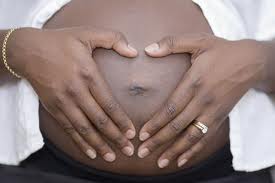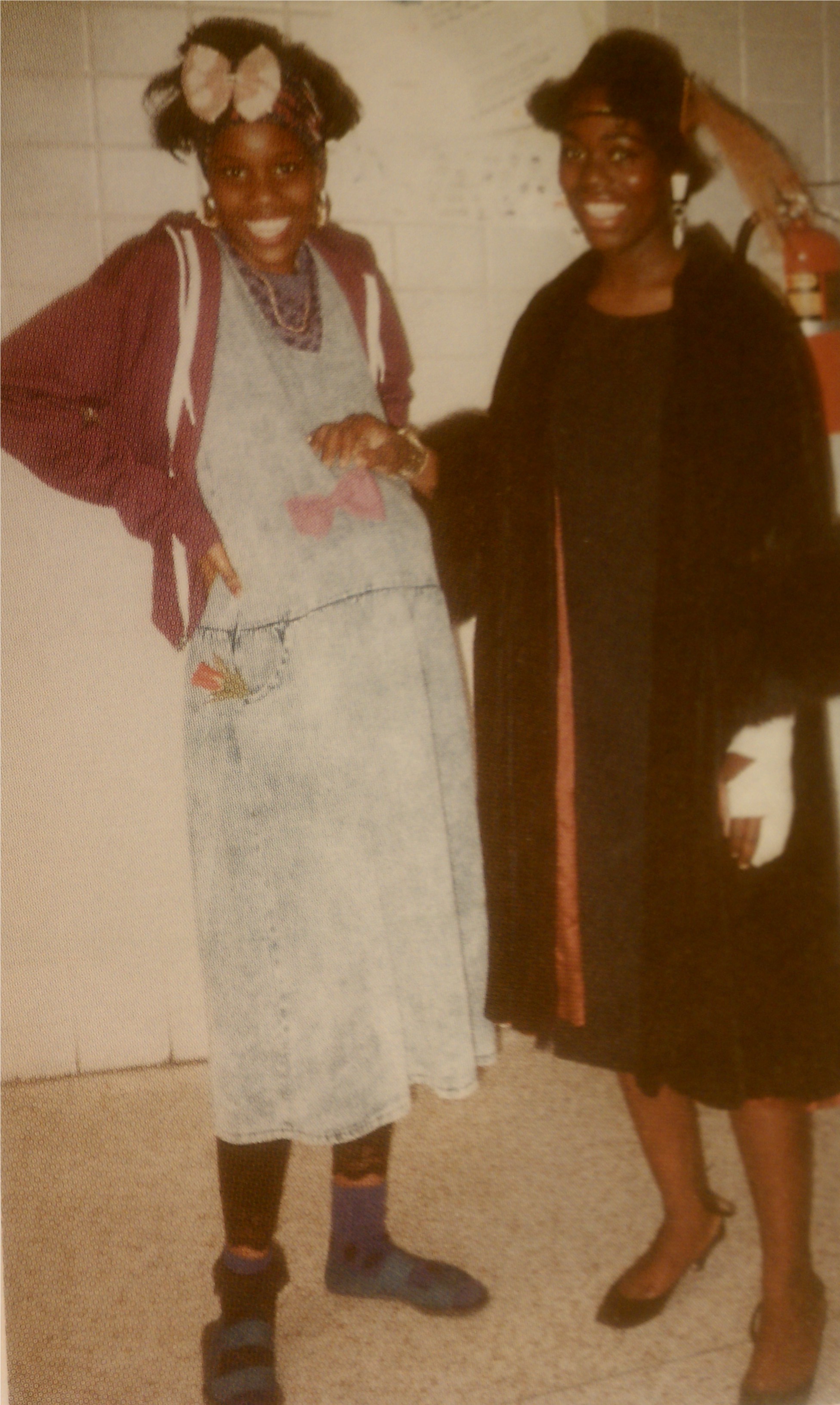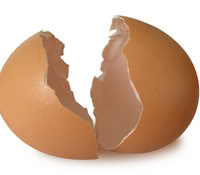 “Fish dreams signal pregnancy in my family. The premonition, which was mostly my grandmother’s or another maternal figure, has been consistent and accurate for as long as I can remember. All girl children were implicated by any dream that featured fish. . .” said CF Rboylorn, Fish Dreams and Fantasies: Contemplating Motherhood.
“Fish dreams signal pregnancy in my family. The premonition, which was mostly my grandmother’s or another maternal figure, has been consistent and accurate for as long as I can remember. All girl children were implicated by any dream that featured fish. . .” said CF Rboylorn, Fish Dreams and Fantasies: Contemplating Motherhood.
There have been no fish dreams for me. There is a stork-less stark reality that my 2-hour treks to an expensive specialist to be jacked open, probed, and drugged, and my regimented record keeping about peek ovulation, period flow, body temperature, and patterned intercourse over the course of two years might still result in the inconceivable: infertility.
As a child, I did not crave a Cabbage Patch to cuddle when imagining a “play play” family with girlfriends. I used my “play play” Barbie as a mannequin to model clothes made from remnants by my mother, who purchased my miniature sewing machine from a nearby Goodwill thrift store. I learned how to sew before I learned how to cook. My mother and my aunties indulged my creativity by asking to hear my latest poems or to see my latest designs in my so-called fashion portfolio. Most important, these womenfolk praised my elementary adoption of the closed-leg policy. I learned I could garner the spotlight and count on their unconditional support if I evaded the cardinal sin of black girlhood: pregnancy.

Early pregnancy seemed to be a dream-stealer. The praise I received was always accompanied by a cautionary tale about one Future swaddled and later abandoned because of the immediate demands of motherhood. I became so terrified of pregnancy that I developed anxiety at the very anticipation of holding a baby. To this day, I can count on one hand the number of babies that I have held in my lifetime. A junior high school yearbook photo from Halloween illustrates how I imagined pregnancy as horrifying (and somewhat humorous). Twenty years later, I am not only confronting prevailing cultural myths about black female hyperfertility and hypersexuality, I am also coming face-to-face with my childhood fears and my grown up fantasies.
“The possibility of having a baby scares me, but the impossibility scares me more,” said CF Rboylorn.
I escaped the social stigma surrounding urban teen pregnancy only to bump up against another one regarding Black female infertility at thirty. Uterine fibroids (or noncancerous tumors), endometriosis (characterized by tissue growing outside the uterus), and untreated diseases (tragically depicted in the film For Colored Girls) are medical conditions that adversely impact our reproductive health. Black women are less likely to receive an early diagnosis of infertility or seek medical treatment because of the escalating costs and powerful cultural myths. Much of the public visibility and value ascribed to Black women is based on our perceived role as mother. Whether the endearing mammy celebrated in early forms of popular culture or the bad black mother (e.g., teen mother, crack mother, welfare queen) demonized in news media since the 1980s, she is still a mother. To add, our very theories of womanism and black feminist thought use (other)mothering as frameworks to describe how black women engage with the world. These frameworks do provide broader understandings of mothering as a communal act, yet with so much meaning attached to motherhood, the inability to conceive or carry a pregnancy to term can be a devastating and demoralizing experience for some Black women.

It has been for me. I have experienced shame, anxiety, and depression. I did not seek support because I believed I could bear it, so says my inner strongblackwoman. For a moment, I believed my infertility was spawned by my inability to perform perfect would-be motherhood—window shopping, name surfing, and publicly gooing over all-things-baby. For a moment, I convinced myself that my book—my professional baby—was undeliverable because of all of its imperfections. I convinced myself that I was unproductive. For a moment, I participated in the suffocating silence because I felt I had no permission to speak freely about my experiences—those tragic and triumphant. I spent months alone with my bare feet cuffed inside icy metal stirrups, staring at one-too-many ultrasound monitors because I believed that time would be the time. It was only a month ago when I allowed two years of tears to wash over me during an 8-hour cry-fest with a girlfriend. I released the pressure to conceive that was bottled inside me. It was a baptism of sorts. My sistahfriend lovingly sent me home with my grand mother, Yemaya, and these days I feel at peace on my path. This week I will return to the cold white room with the monitor staring at me. This time, however, I will fold into myself to imagine my own rebirth.
Infertility affects more than 7 million people. For helpful information about infertility, reproductive health, and support networks in your community, please visit:
The American Fertility Association
The National Survey for Family Growth
Resolve: The National Infertility Association
In celebration of the CFC one-year anniversary, this post was generated as the “B” side to Fish Dreams and Fantasies: Contemplating Motherhood.

I found this part to be very powerful: “This week I will return to the cold white room with the monitor staring at me. This time, however, I will fold into myself to imagine my own rebirth.” Thank you for sharing!
It’s been a long time since I faced that I would never have children. I was 14 when I found out.
At 21, I was shaken by a need to redefine fertility, productivity, and generation. As a talisman, I got a tattoo of a pomegranate, one symbol of fertility that was subtle enough to hold that meaning for me while appearing to be a pretty piece of fruit to others, if I didn’t want to explain the whole thing to a stranger.
I wish you the best possible outcome in this situation – that you live your life, fulfilled in who you are, strengthened by those around you, strengthening those around you. If your life includes gestating a baby in your womb, all love and joy to you both. If your life includes gestating love for a baby in your heart, born of another womb, again, all love and joy to you both. If you come to a place where fertility must be redefined, books and loves, acts of physical creation, mental creation, and creation of love – all of these are valuable and powerful.
All my best to you.
Thank you for sharing. I am so moved by your reply, folks should print it out as an affirmation. Thanks!
This post is absolutely phenomenal. It strikes me personally on so many levels. First of all, thank you for the brave, brave act of just being HONEST about where fertility and the hype thereof stand for us as black women. Secondly, I applaud you for finding a positive outlook on a situation that can be so very hard. Excellent post.
Lastly, thanks so much for visiting my site and for linking to The Egg! I do what I do so that gems like this post can be born…and if tiny humans get born too as a result then that’s great too!
Thank you for creating such a dynamic blog. As I searched for virtual support, your site was so refreshing. I appreciate the humor, I appreciate the hopefulness, I appreciate the honesty, and most of ll, I appreciate that you have boldly broken the silence.
I agree, writing and editing a book is like having a baby!
powerful, real, brave and incisive. thanks for sharing, mad love!
Such an incredible act of bravery and a willingness to be vulnerable! Bravo! We- the baby/wanters- thank you! LOVE!
CF, I feel you! I hear you. And I love you. Beautiful and moving piece. It is moving all through me.
This is a very moving piece. Thank you for sharing. I really relate to the beginning of your story. I come from a family where many of my cousins have had children young and I have gotten the stories and lectures many times as I’ve grown up about not taking that path.
I’ve been very big on safe sex and see the gyn. more than the regular doctor. The quote you gave, about having a baby but the fear of never being able to have one, strikes me especially because this has been one of my biggest fears. For some reason, this feeling and fear tells me this might be my situation but I’ve never tried or gone to the doctor yet because I am not at that point. However, your story gave me hope that you can deal with it and be happy and find things in your life that are equally meaningful. I will check out the links and really wish you all the love and support you deserve.
Amazing piece. I have “unexplained infertility”. There may be an explanation, but I have stopped trying to find one at this point. I’m tired of being “jacked open, probed, and drugged” as you put it. Sometimes I think it’s hilarious that people think everything can be fixed, yet they really don’t understand all the processes enough.
I feel bad that I cannot continue the strong line of women that I come from or carry on their traditions. Right now adoption isn’t an option either. I wish you the best, whatever happens.
Man I love your article and it was so fabulous and I am definetly going to bookmark it. I Have to say the Indepth analysis this article has is greatly remarkable.Who goes that extra mile these days? Well Done.. Just one more tip you caninstall a Translator Application for your Worldwide Readers !!
Thanks for the support and the heads up on the translator application.
Beautifully written! Latinas have many similar issues, as well. You spend a lifetime shattering one stereotype to unwittingly crash into another. Please keep blogging about your journey–you are an inspiration 🙂